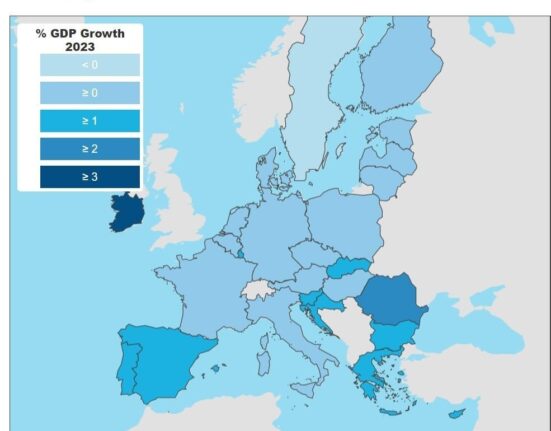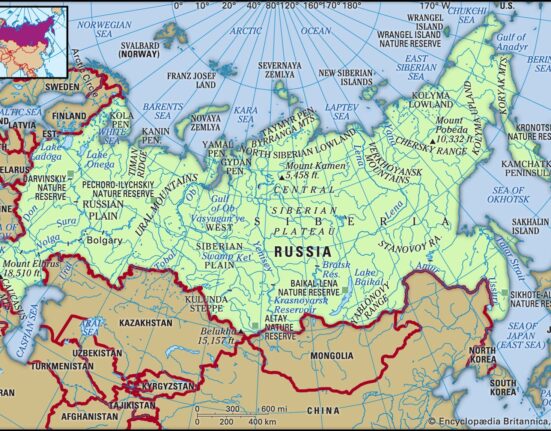When the Balkan Investigative Reporting Network (BIRN) was established twenty years ago, it aimed to bolster media freedom in the Balkans amid formidable challenges. Back then, reports painted a stark reality of political and economic pressures on the press, disguised state subsidies, poor working conditions for journalists, and attacks on media professionals.
Fast forward to today; while some aspects have evolved, the core obstacles persist. The digital age brought more media outlets but not necessarily true pluralism. Tim Judah from The Economist noted that despite technological advancements, many issues remain unchanged:
“A lot of the issues we have today are pretty much the same as before.”
The shift towards online media was evident early on with platforms like BIRN’s Balkan Insight paving the way for digital journalism. However, traditional outlets failed to adapt effectively. Goran Rizaov highlighted that many prominent legacy media organizations are now history, leaving a void in original content production and accountability.
Today’s media landscape is flooded with numerous small online outlets struggling for survival. Rizaov lamented that these outlets often compromise independence by accepting pre-packaged content from vested interests, leading to a lack of critical reporting and diverse narratives.
The rise of social media algorithms has further complicated matters by prioritizing sensational news over quality reporting. Maja Sever emphasized the challenges faced by journalists trying to navigate profit-driven algorithms while maintaining journalistic integrity:
“It is hard to penetrate the algorithms that impose profits.”
Political influence remains a significant threat to media independence in the region. Despite legal frameworks aligning with EU standards, political control over electronic media persists through financial leverage and state-funded advertisements. This control hampers impartial reporting and undermines press freedom.
Concerns loom over a potential spread of authoritarian models like Hungary’s restrictive media environment across the Balkans. Reporters Without Borders’ latest Media Freedom Index underscores this worrying trend with declining press freedom in most Balkan countries.
Amidst these challenges, sustaining independent investigative journalism is crucial for holding power to account. Rizaov stressed the urgency of finding sustainable funding models for such outlets:
“We must explore crowdfunding or establish national public funds.”
Maja Sever echoed similar concerns about ensuring adequate financing for public-interest journalism:
“Lack of thought about sustainable financing poses a key problem.”
Without viable funding solutions, quality journalism’s decline could adversely impact citizens’ access to reliable information amidst growing disinformation.
As stakeholders grapple with evolving threats and limited resources in preserving free media in the Balkans – one thing remains clear; nurturing independent journalism is vital for upholding democratic values and empowering citizens through informed discourse.









Leave feedback about this